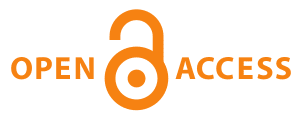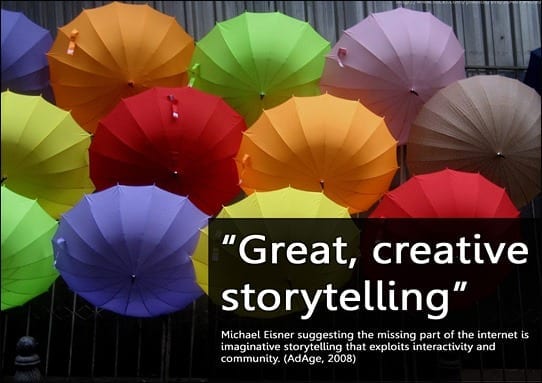
THE process by which academics check the work of their colleagues before it goes to print—peer review, in the argot—is nearly as old as scientific publishing itself. But like every human endeavour, it is fraught with human frailties and the process can be hijacked in a variety of ways.
As a result, and as with many other aspects of publishing, peer review is the subject of much experimentation. One upstart publisher is trying to codify good behaviour.
Peer review’s current incarnation took shape in the middle of the 20th century: authors submit a manuscript to a publisher, who then seeks out academics suitable to comment on it; they then submit critiques anonymously to the authors, who amend the work to reflect the critiques. The system nearly works. The reasons for anonymity are manifold, but that information asymmetry often causes trouble, with reviewers shooting down rivals’ work, pinching ideas, or just plain dragging their feet (overwhelmingly, reviewing is unpaid).
There are a few green shoots of innovation in the field, though. One idea is to remove the veil and carry out peer review publicly: reviewers’ identities and their reports are published online for all to see. Proponents reckon this provides incentives for both honesty and courtesy. Faculty of 1000, an online biology and medicine publisher, has taken this tack with F1000 Research, its flagship journal.
Indeed it is taking the idea further. Michael Markie, an associate publisher for F1000 Research, believes that a commitment to change must also come from authors and reviewers, not just journal editors and publishers. Mr Markie was a co-author of a paper—itself the subject of fervent open peer-review—which proposed a kind of oath and a set of guidelines to encourage even-handed and helpful behaviours for reviewers. The oath reads
Principle 1: I will sign my name to my review
Principle 2: I will review with integrity
Principle 3: I will treat the review as a discourse with you; in particular, I will provide constructive criticism
Principle 4: I will be an ambassador for the practice of open science
Faculty of 1000 has begun to encourage reviewers to cite the oath in their reports, in the hope that other publishers will adopt the practice as well. Already, Pensoft Publishers and the Journal of Open Research Software are following suit.
Read more: Quality control in science journals is evolving, with a code of ethics in hot pursuit
The Latest on: Open peer review
[google_news title=”” keyword=”Open peer review” num_posts=”10″ blurb_length=”0″ show_thumb=”left”]
via Google News
The Latest on: Open peer review
- Meta AI Review: A Convenient but Unimpressive Virtual Assistanton May 8, 2024 at 5:05 am
Meta AI is accessible, and its image generator is undeniably cool. But hallucinations and fewer refinements put Meta in the middle of the pack.
- Open Science: Why you should preprint your next paperon May 7, 2024 at 12:39 pm
What are preprints and how do they benefit you and your research community? Plus find tools that help you keep up with the preprint literature.
- Mobile council questions Mayor's probes, initiates independent reviewon May 2, 2024 at 1:29 pm
Later Tuesday the Mobile City Council voted to open their own investigation and hire a special ... or other misconduct” related to the 321z Insights third-party peer review of Operation Echo Stop. The ...
- The Situation In Afghanistan Under Review By The United Nationson April 30, 2024 at 8:00 am
Afghanistan was reviewed by the United Nations Human Rights Council’s Universal Periodic Review (UPR) working group.
- Pros and cons of open peer reviewon April 28, 2024 at 9:40 pm
Advocates of open review argue that openness will force ... The BMJ claims that, since it opened up its peer-review process, only a small percentage (about 2%) of referees have refused to review ...
- Open Source Software : Is it Secure and Safe to Use?on April 26, 2024 at 3:38 am
Learn more about Open Source software security and how you can keep yourself safe when using open source applications by using a few guiding ...
- Instructions for peer reviewerson March 27, 2023 at 1:05 am
Peer review is the foundation of quality in research for both books and journals, ensuring that published research is rigorous and ethical. Peer reviewers can access a number of resources to assist ...
- Can I publish open access in any RSC journal?on October 21, 2022 at 7:38 pm
And the same applies to peer review – our quality standards are identical. However, if your manuscript is accepted for publication, you will need to choose an open access licence and, in some cases, ...
- Open Researchon July 13, 2022 at 3:12 pm
Much of the discussion around Open Research focuses on Open Access and Open Data but it also includes peer review, protocols, notebooks, citizen science, software and much more. It is widely ...
- Peer Reviewon August 3, 2021 at 8:07 am
anonymized peer-review and open peer review. The system has been exhaustively studied, reported on, and assessed -- both positively and negatively. Nature Portfolio journals' position on the value ...
via Bing News










